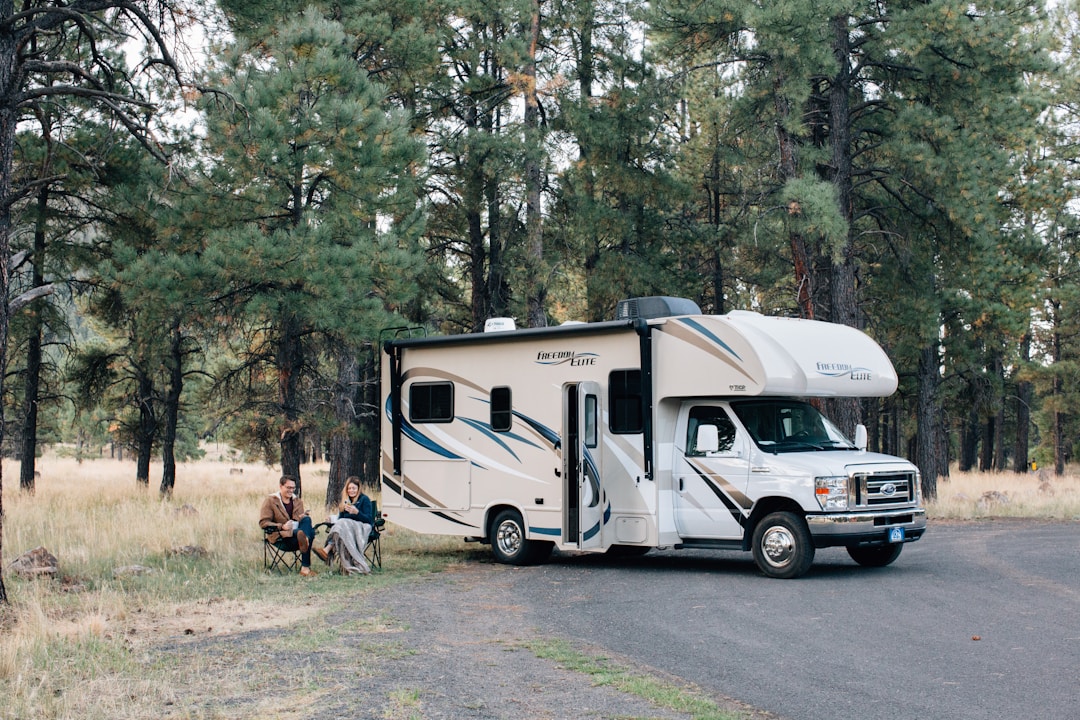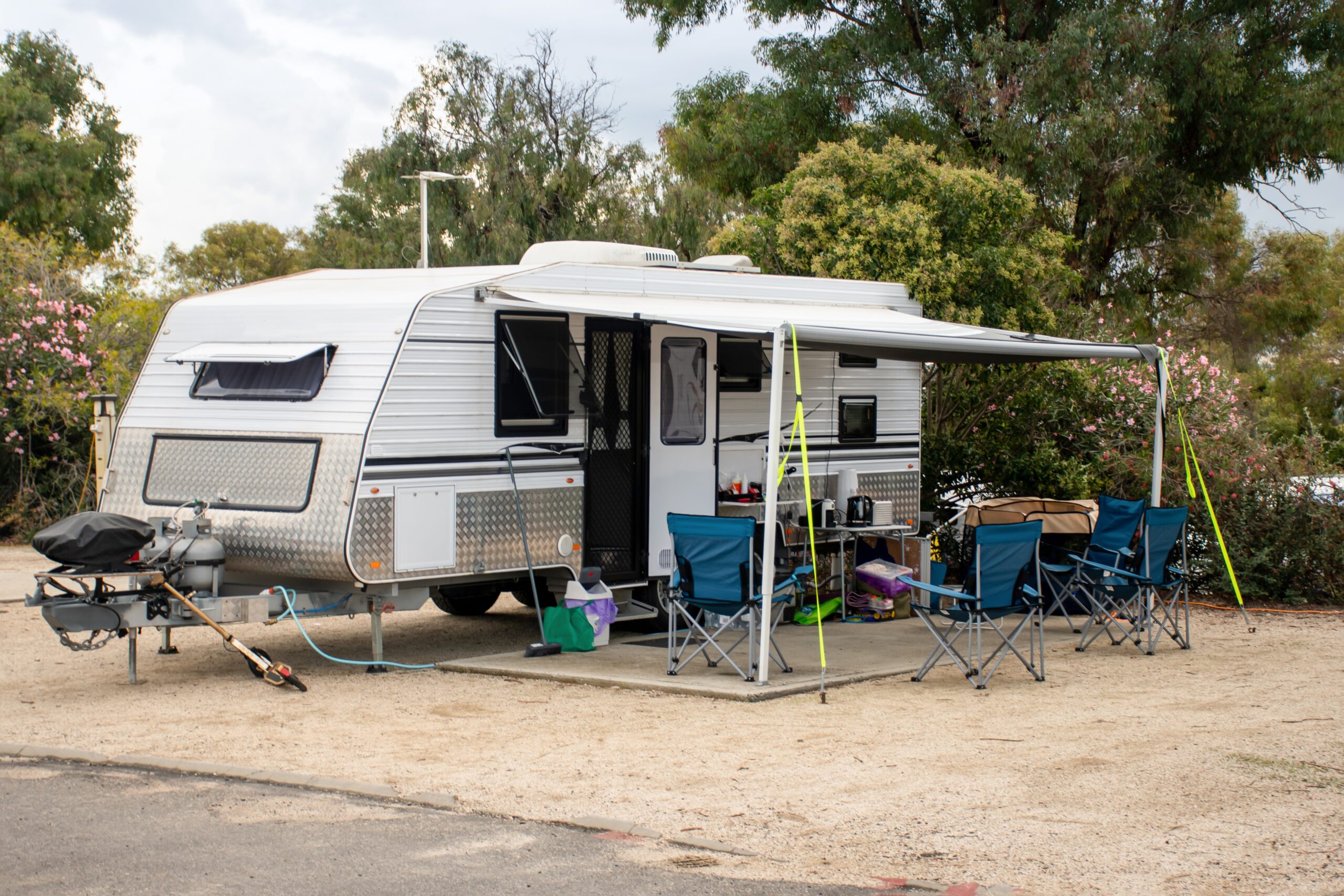As a recreational vehicle (RV) owner, you face a unique set of challenges that come with the adventures on the open road. Your RV is not only a vehicle but also a home away from home, and it requires protection from unexpected breakdowns and costly repairs. One of the best ways to shield your investment and have peace of mind while you travel is to consider RV extended warranty coverage. In this article, we will discuss essential aspects of RV extended warranties to help you decide whether such a plan is a worthy investment for you. Keep reading to explore the benefits, types, and key elements to consider and how to choose the right provider for your RV extended warranty.
Understanding the Benefits of RV Extended Warranty Coverage

An RV warranty offers numerous benefits besides simply covering repair costs. It provides financial protection against unexpected expenses that may arise due to mechanical breakdowns, electrical issues, or appliance malfunctions. With a robust coverage plan, you can rest assured that you will not have to shoulder the burden of expensive repair bills alone.
Extended warranties also contribute to maintaining your RV’s resale value, as potential buyers may feel more confident about purchasing a well-maintained and protected vehicle. Furthermore, extended warranty providers often offer additional services such as roadside assistance, trip interruption coverage, and concierge services, enhancing your overall RV ownership experience.
Lastly, having extended warranty coverage can lead to less stress and greater peace of mind. Traveling with the knowledge that you are protected from unforeseen repair costs allows you to focus on enjoying your journey and creating lasting memories with your loved ones. Knowing that you have a reliable support system in the form of a reputable extended warranty provider is invaluable during any RV adventure.
Types of RV Extended Warranty Coverage
There are two primary types of warranty coverage available for your RV: exclusionary and inclusionary or listed component coverage. Exclusionary coverage is the most comprehensive, offering protection for nearly all of your RV’s components and systems, with specified exclusions listed in the contract. This type of coverage is often recommended for new and high-end RVs since it provides extensive protection against potential repair costs.
Inclusionary coverage, on the other hand, provides protection only for specific components and systems explicitly listed in the contract. It is typically less expensive than an exclusionary policy but may not cover every possible RV component or system. This type of coverage is more suitable for older or more budget-conscious RV owners.
When choosing a plan, it is essential to review the contract carefully and understand what components and systems are covered. Different providers may also offer various levels of coverage, so it is crucial to weigh your options and choose the plan that best fits your needs and budget.
Key Elements to Consider When Choosing a Coverage Plan

When evaluating an extended warranty plan, it is crucial to consider several factors to ensure you get the best coverage for your needs. First, understand the coverage details and limitations, including deductibles, coverage terms, and any waiting periods. Be aware of any additional fees or expenses associated with the plan and assess if the coverage is transferable if you decide to sell your RV in the future.
Next, research the reputation and financial strength of the warranty provider. Look for customer reviews and ratings to determine how satisfied others are with their service and verify the company’s history of responsiveness and claim handling. Moreover, ensure that the provider has a solid financial background to be confident in their ability to cover your claims.
Lastly, consider the additional benefits and services offered by the provider, such as roadside assistance, trip interruption coverage, and concierge services. These perks can add value to your overall experience and provide added peace of mind while traveling.
Selecting the Right Provider for Your RV Extended Warranty
Finding the right provider for your RV warranty is critical in ensuring you receive the best possible coverage and support. Start by researching and comparing quotes from multiple providers. Assess each company’s reputation, and ensure they have both positive feedback from customers and a strong financial history.
Look for providers that specialize in RV warranty coverage, as they are more likely to understand the unique needs of RV owners. Evaluate the coverage options offered by each company and choose a plan that balances comprehensive coverage with affordability.
Finally, pay attention to the customer service experience. A reputable warranty provider should deliver prompt and professional service when you have questions or need assistance with a claim. You can look at business ratings from a resource like the Better Business Bureau to get a better understanding of how the provider conducts business. You should feel confident that you are making an informed decision and that your provider will be there when you need them the most.
Identifying Red Flags When Choosing a Provider
When it comes to choosing an RV extended warranty provider, it is crucial to watch for potential red flags to avoid a disappointing experience. Be wary of providers that have unclear coverage details or ambiguous contracts, as these plans can leave you unprotected in many situations.
Avoid companies that have multiple negative customer reviews or a history of poor claim handling or non-responsiveness. A provider that does not prioritize customer service may leave you feeling frustrated and unsupported when you need them the most.
Lastly, watch out for unusually low pricing. While affordable plans might seem appealing, a too-good-to-be-true price may indicate subpar coverage or a financially unstable provider. The goal is to find a reputable company that offers a balance between comprehensive coverage and a fair price.
Understanding and Managing Your RV Extended Warranty

Once you have chosen a plan and provider, it is essential to understand how to manage your RV warranty effectively. Familiarize yourself with the terms and conditions of your coverage, including the claim processing procedures, to avoid potential issues down the road. Keep well-organized records of your RV maintenance history, as most warranty providers will require proof of regular maintenance when processing claims.
Moreover, comply with your policy’s requirements and recommendations to maintain the validity of your coverage. Remember that neglecting regular maintenance or misuse of your RV may result in denied claims or voided warranties. Always contact your provider as soon as possible to report any issues, and follow their guidance for handling and resolving any problems that may arise.
Lastly, remember that your needs may change over time. Evaluate your coverage periodically and communicate with your provider to ensure that your plan continues to meet your needs. This proactive approach will help you maximize the benefits of your RV extended warranty coverage.
Balancing RV Extended Warranty Costs and Benefits

Weighing the benefits and costs of an extended warranty is a crucial step in deciding whether it is the right investment for you. Assess your RV’s age, make, model, and usage habits to determine the likelihood of needing repairs and the potential expenses you might face without coverage. Compare the cost of a warranty with the potential repair expenditures to decide whether it makes financial sense for your situation and family budget.
While an extended warranty may not be ideal for everyone, it can provide invaluable peace of mind and financial protection for many RV owners. By understanding what to look for in a provider, a coverage plan, and the management of your warranty, you can maximize the benefits of an extended warranty and safeguard your RV investment.
Altogether, a properly chosen RV extended warranty coverage can protect your investment, ensure a smooth RV ownership experience and grant you peace of mind, enabling you to enjoy your adventures on the open road fully.
